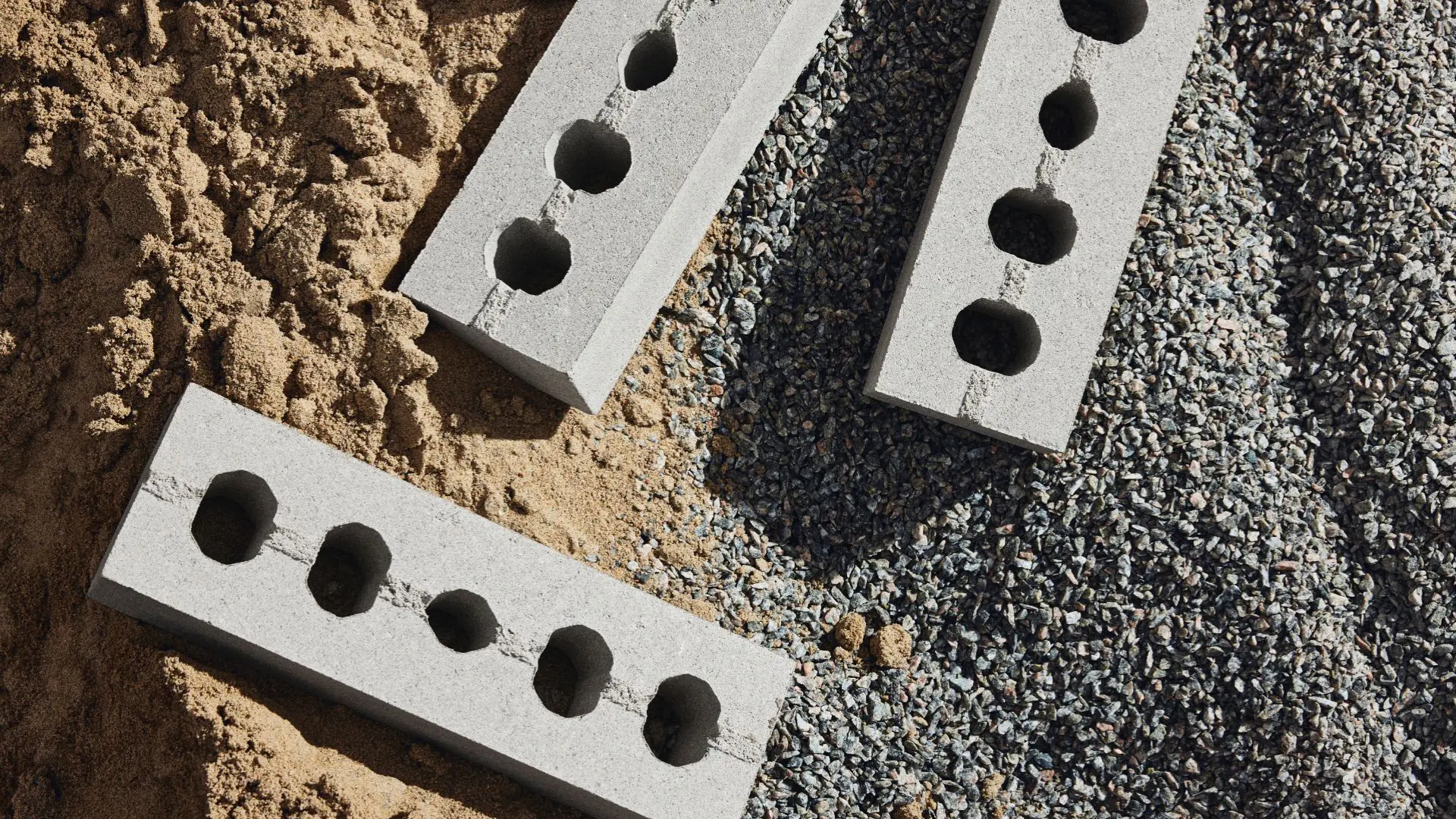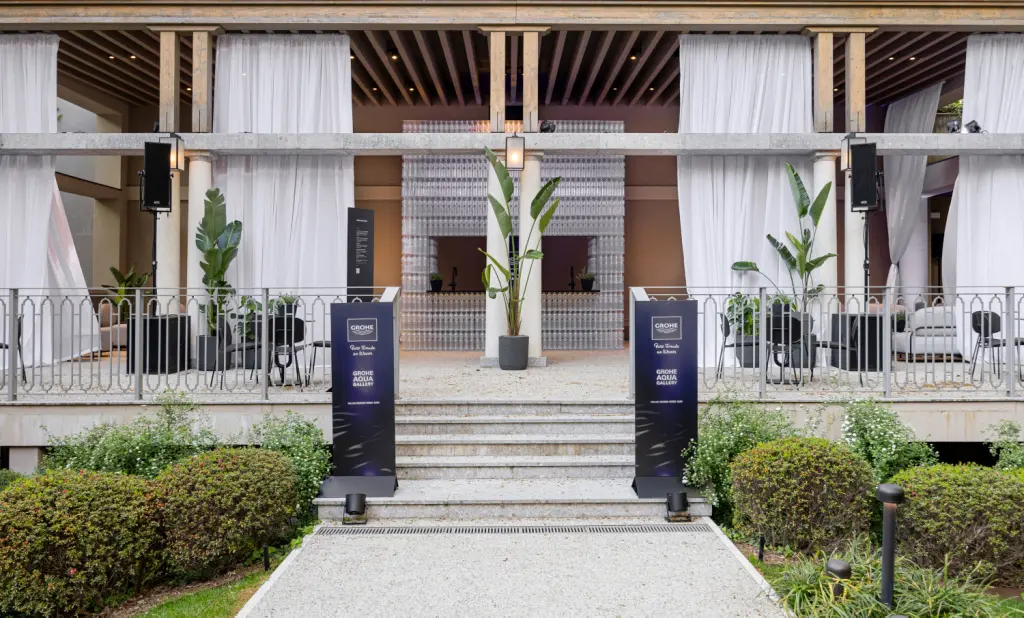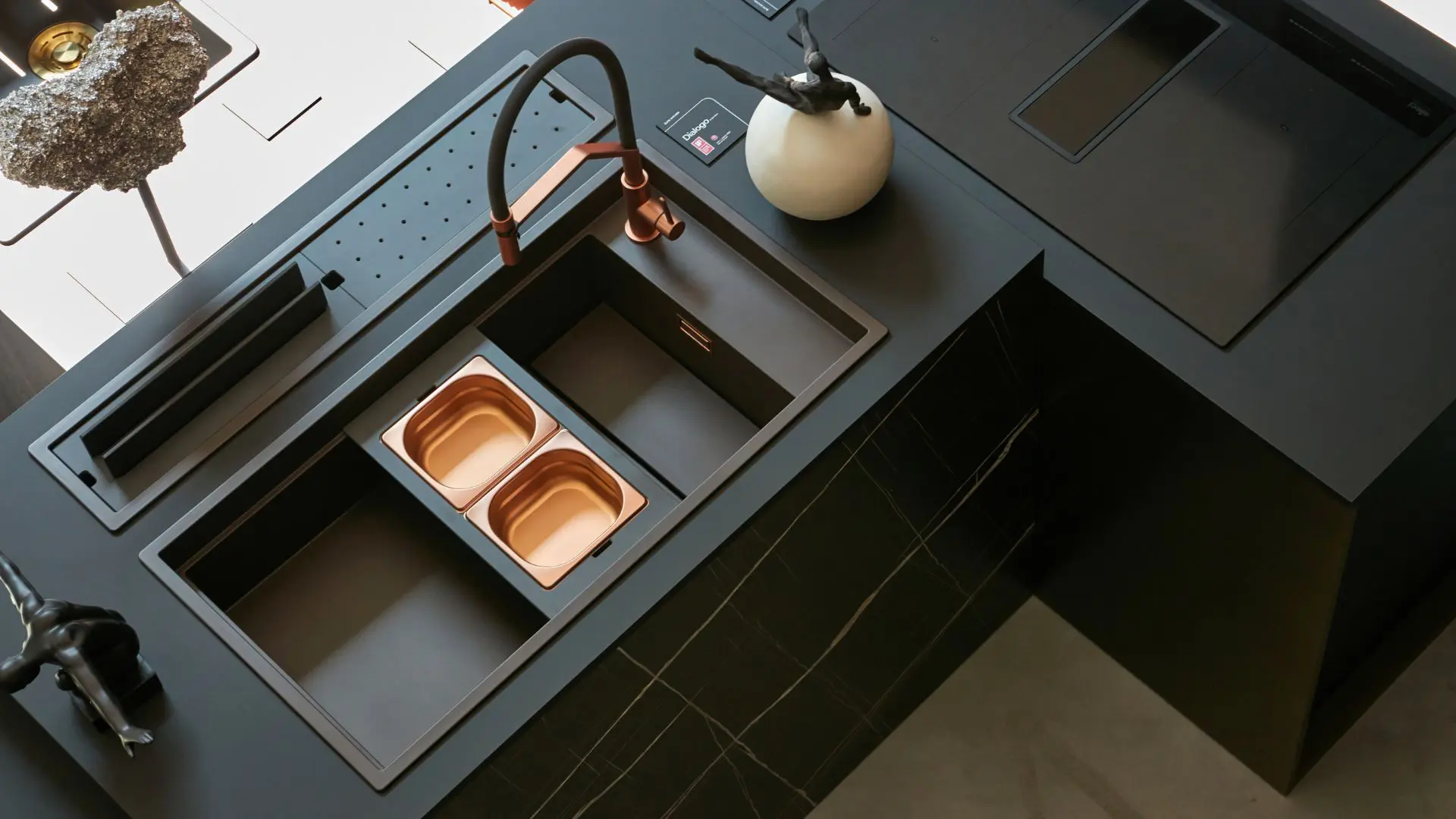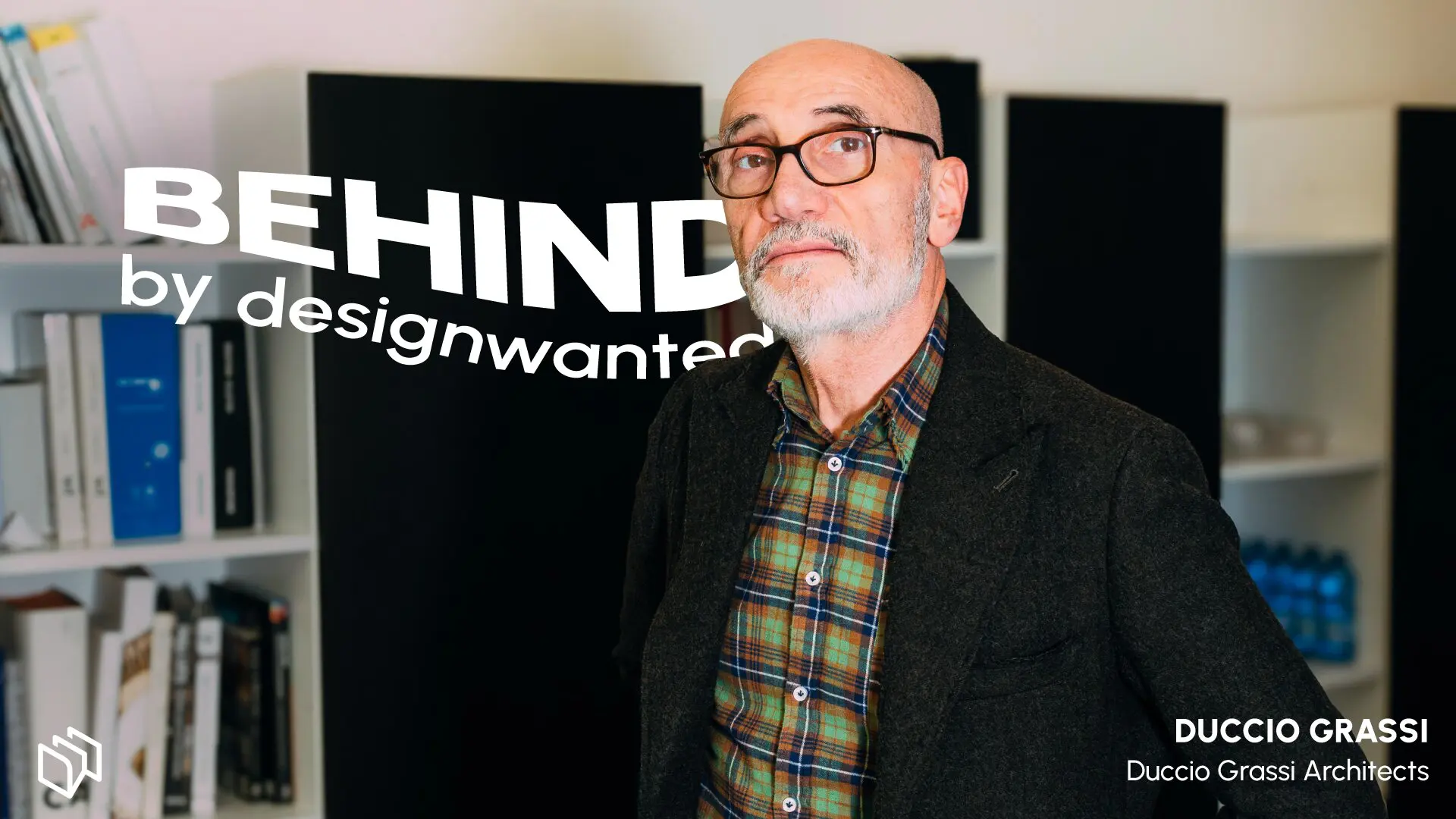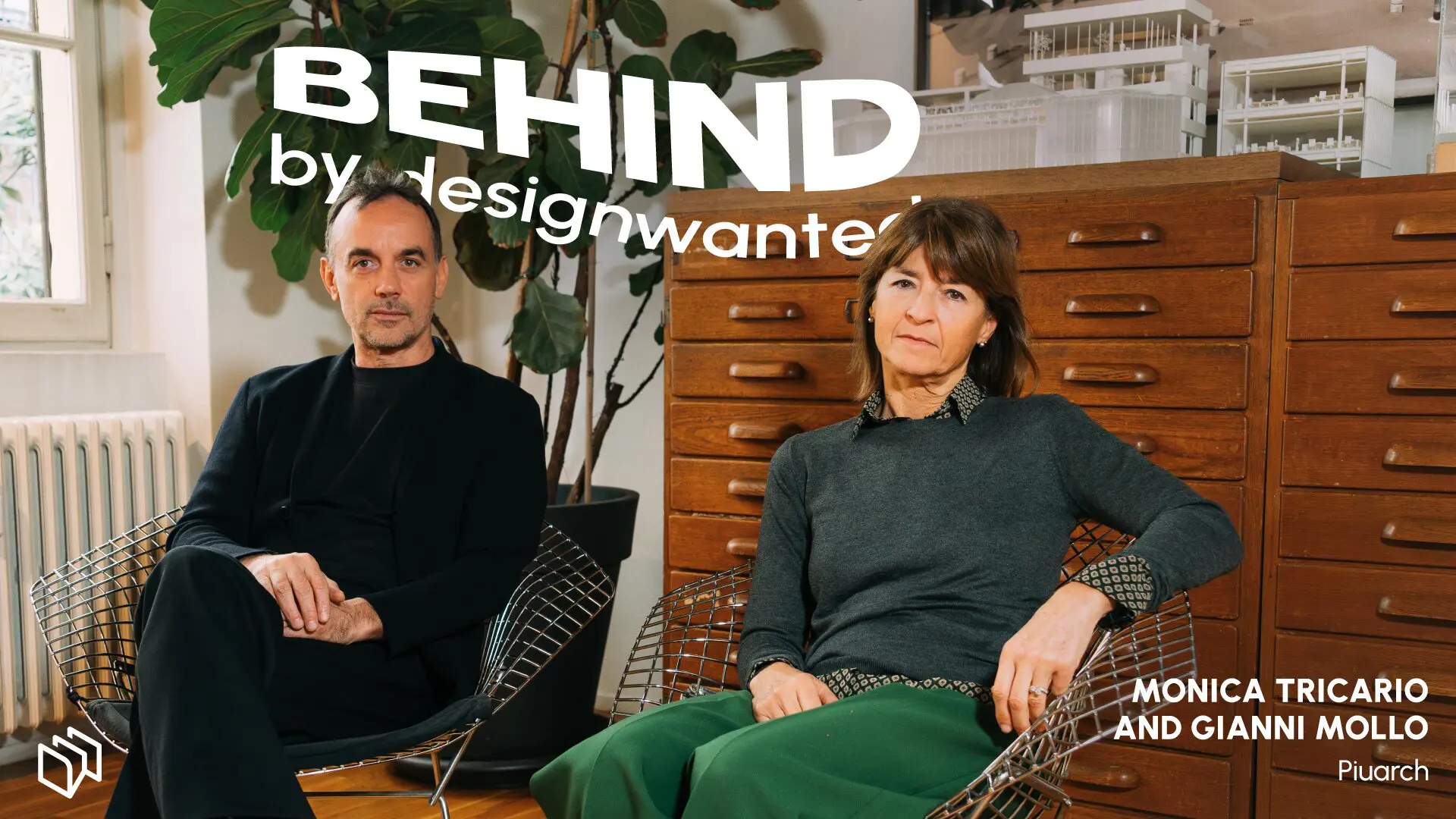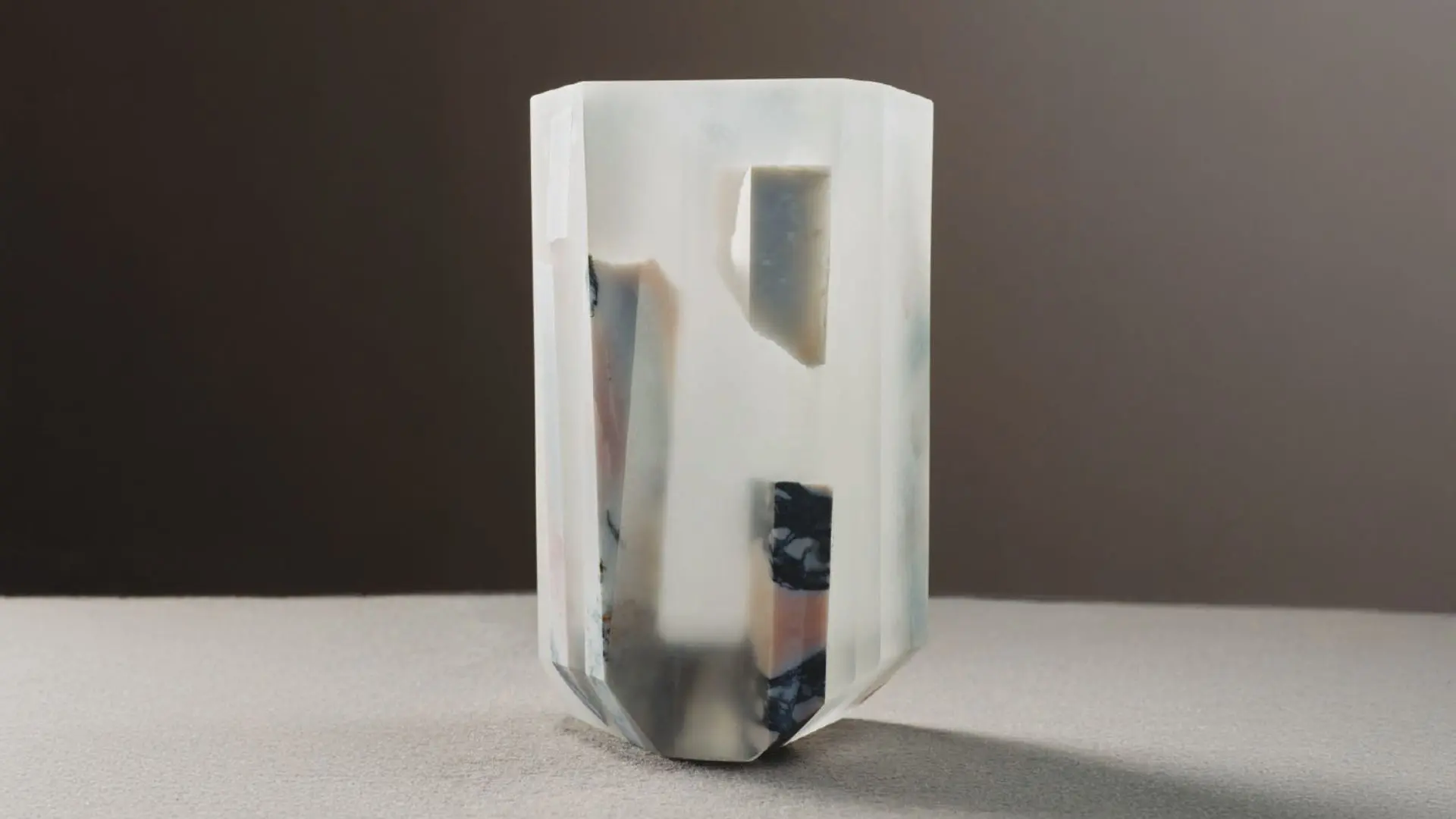No neutral spaces: Architecture responds at Venice 2025
Intelligens. Natural. Artificial. Collective. With this title, the 19th Biennale of Architecture in Venice just opened, and we already have […]
Ceramics and design come together to dress spaces with intent
Over time, fashion and design have intersected in authentic and spontaneous ways, each discipline enriching the other through its own […]
Design gets personal: rethinking how we cook, clean, and connect
Rooted in a philosophy that combines functionality, aesthetics, and human-centered design, Elleci introduced its latest creations: a multifunctional kitchen workstation […]
Modularity and circular design for reusable furniture solutions
Born as a collaborative research project between Studio Jonathan Radetz and Fraunhofer WKI, unveiled during the special exhibition Materially – […]
Want to stay ahead of the design game? Sign up today (it's free) to receive the latest design trends and innovations!
SUBSCRIBE NOWThe new HORL Scissors, a product built to last for generations
Can a product be both efficient and long-lasting across generations, while also redefining an entire category of accessories? These are […]
In the realm of interiors, Pininfarina roars just as loud
In an evergreen sea of interior creations that have stood the test of time, Battista “Pinin” Farina’s faithful words that […]
Remains: Marble fragments reborn through sustainable design practice
Sustainability, recycling, rebirth: terms we hear often. Yet few projects truly manage to transform waste into something new, unique, and […]
A visionary in form and function: the enduring impact of Dan Harden on industrial design
With over four decades at the forefront of industrial design, Dan Harden—Founder, CEO, and Principal Designer at Whipsaw Inc.— has […]
Designing opportunity, equality, and dignity: the Social Label Project
The term “inclusion” has become a buzzword nowadays. A concept often invoked in today’s society, but one that grows ever […]
Load more

